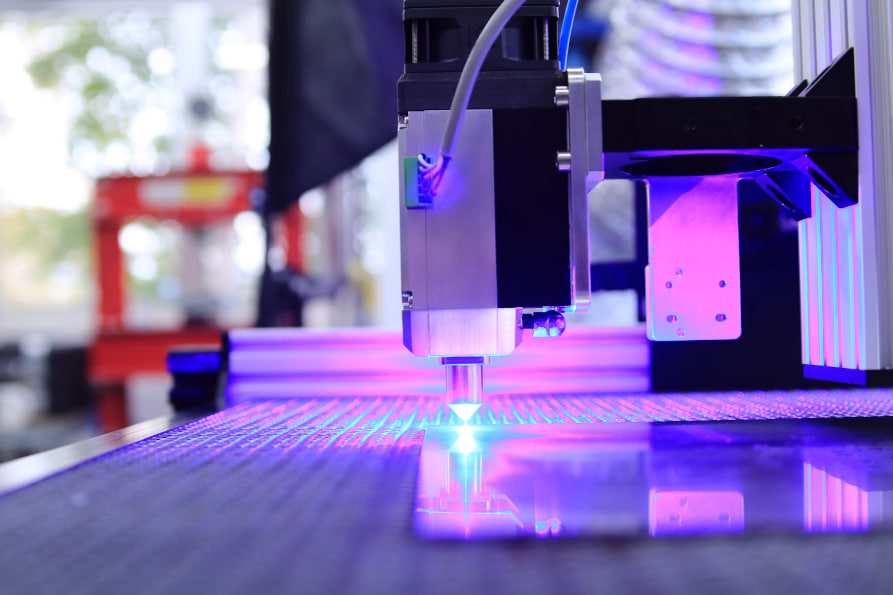Flexxbotics has introduced enhanced compatibility between its robotic automation solutions and LMI Technologies’ advanced 3D measurement tools, improving precision and efficiency in smart manufacturing environments.
Revolutionizing Robotic Quality Inspection
As a leader in digital automation, Flexxbotics has announced a significant upgrade to its robotic integration capabilities by incorporating LMI Technologies’ cutting-edge inspection systems. This move enables seamless robotic machine tending and enhances precision in quality inspections, leveraging closed-loop control and autonomous smart manufacturing processes.
Innovative Use of FlexxCORE Technology
Central to this development is Flexxbotics’ proprietary FlexxCORE technology, which facilitates real-time synchronization between production robots and LMI Technologies’ high-resolution inspection tools. By enabling continuous data collection and automated feedback loops, the system allows CNC machining programs to adjust dynamically based on inspection results, ensuring unparalleled precision and consistency in production.
Seamless Compatibility with LMI’s Inspection Tools
Flexxbotics now supports an extensive range of LMI Technologies’ 3D scanning and inspection solutions, including:
- Gocator 3D Sensors (snapshot, confocal, and point profiling sensors)
- FocalSpec 3D Line Confocal Systems
- Chroma+Scan Multipoint Scanners
Additionally, the platform offers integration with various vision systems, laser scanners, probes, and coordinate measuring machines (CMMs), ensuring a streamlined approach to quality control in manufacturing operations. By integrating with SCADA, CAD/CAM, IIoT, DNC, MES, PLM, and ERP platforms, the need for costly system overhauls is significantly reduced, allowing companies to leverage their existing infrastructure.
Key Benefits for Manufacturers
With this new compatibility, manufacturers can:
- Minimize defects and enhance throughput
- Improve workflow automation and reduce operational costs
- Achieve seamless communication between robots and inspection systems
The system’s bi-directional communication capability ensures real-time data exchange, enabling robots to adjust their parameters based on inspection feedback instantly. Flexxbotics CEO and Co-founder Tyler Bouchard emphasized the transformative impact of closed-loop quality control, stating that this advancement allows CNC machines and other automated assets to operate continuously with higher yield rates. Furthermore, the platform’s online and offline functionality ensures uninterrupted production, even in network-disrupted environments.
Shaping the Future of Autonomous Manufacturing
This integration marks a pivotal shift toward fully autonomous, robot-driven manufacturing. Flexxbotics CTO and Co-founder Tyler Modelski reaffirmed the company’s commitment to providing seamless, high-efficiency integration solutions. With demand for precision manufacturing on the rise, Flexxbotics’ latest innovation sets new industry benchmarks for quality control and production efficiency in modern smart factories.


